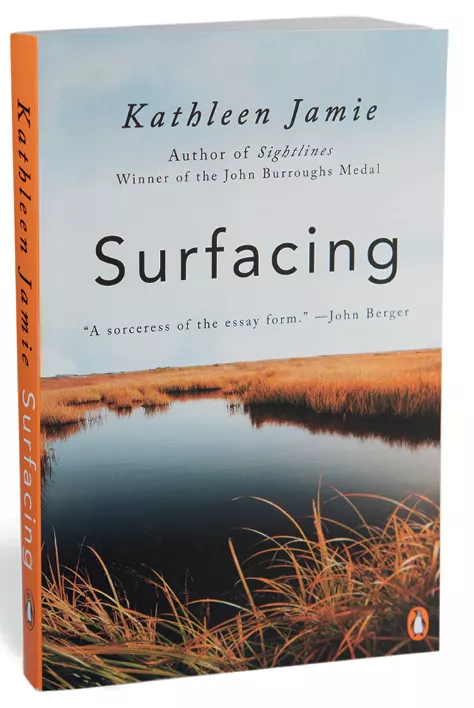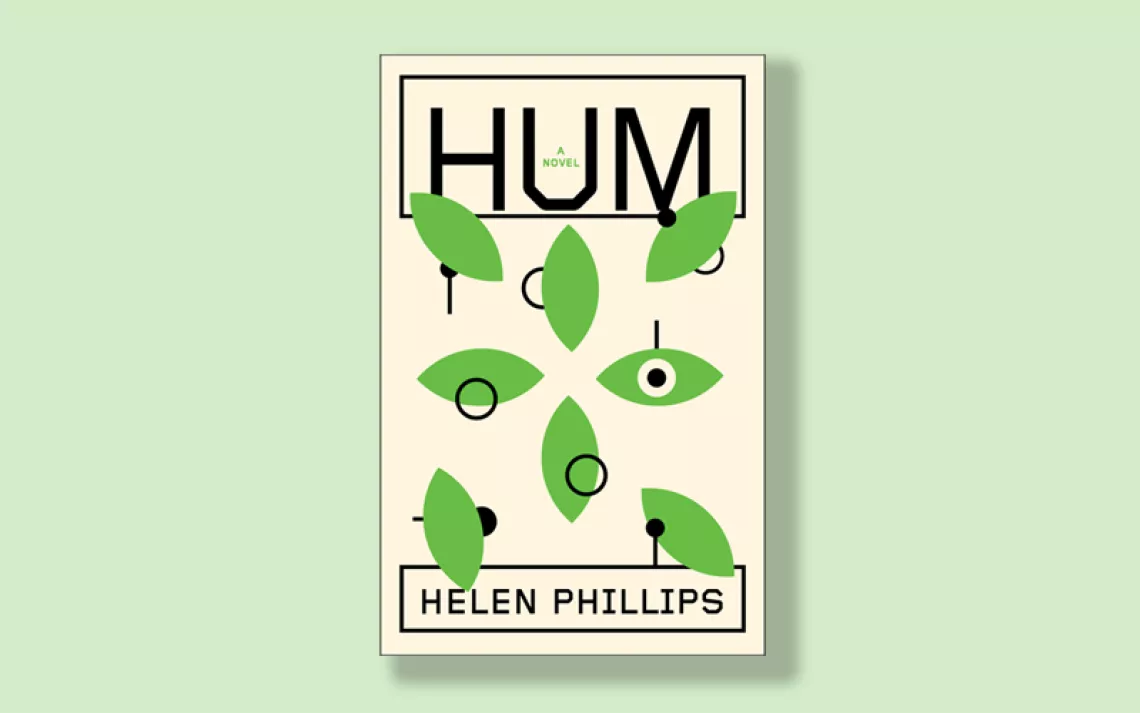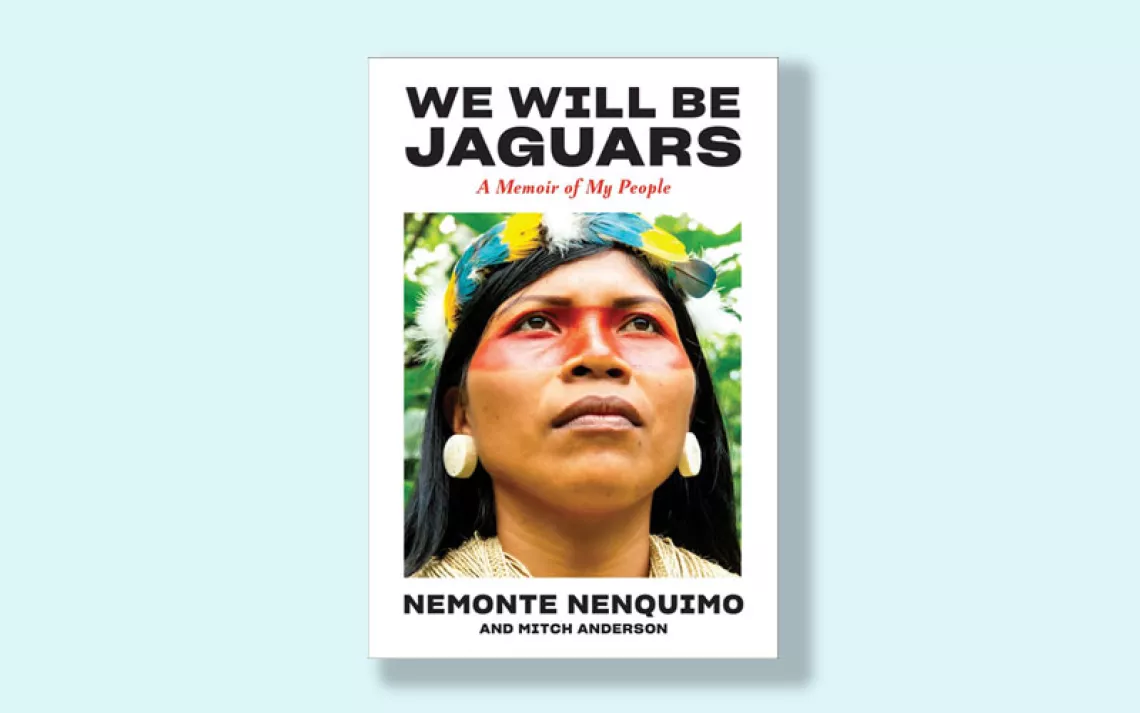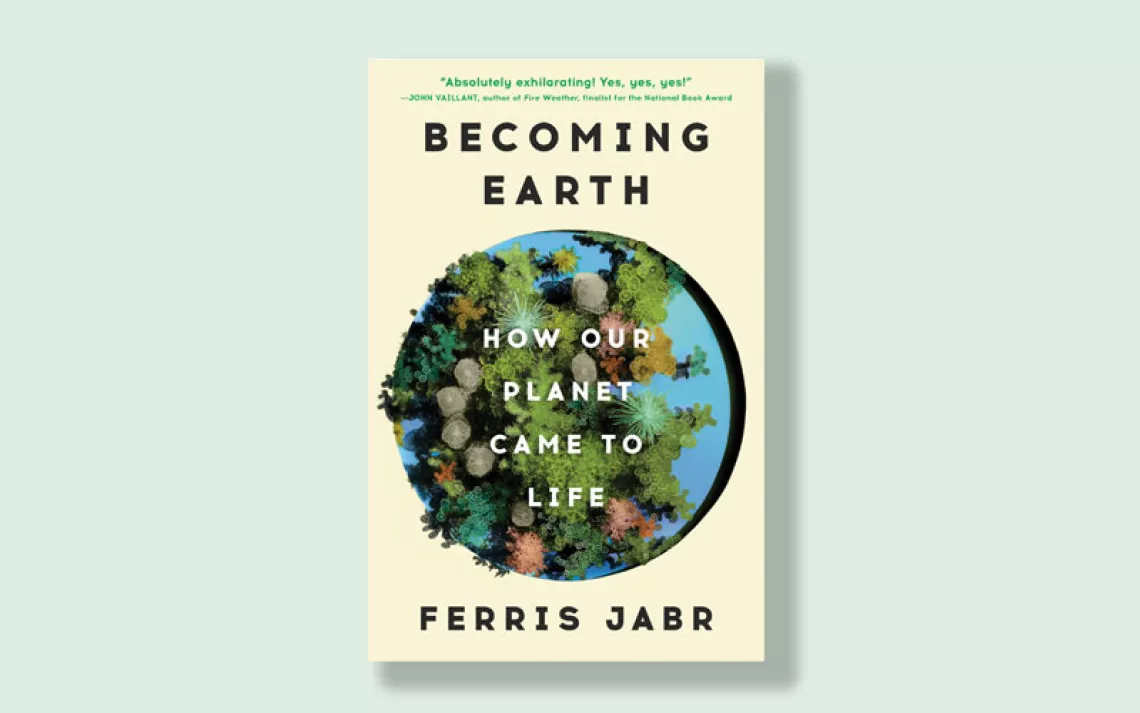Can Archaeology Help Us Save the Future?
Kathleen Jamie's "Surfacing" is a perfect smorgasbord of moments

There are plenty of books focusing on the challenges of ignoring the siren call of technology and living in the moment. Surfacing (Penguin Books, 2019) is something else—a smorgasbord of moments, slowly and carefully described. Kathleen Jamie, a Scottish poet and essayist with a taste for talking her way onto archaeological digs, joins a group excavating a 500-year-old Yupik village on the Alaskan coastline, then finds another group digging down through a 5,000-year-old Neolithic site on Westray Island in Scotland. At no point does the reader get the sense that Jamie has anything other than infinite time, attention, and patience for gently sifting through dirt and listening to people describe the orientation of lintels. Does she even have a smartphone?
The strangeness of the past and the future thread their way through the stories that Jamie tells—the Yupik site is being unearthed by a disrupted climate. "The frozen earth had held these objects fast, like charms in a Christmas cake," she writes, "but now the objects were falling to the seashore to be washed away for good." On Westray, there is talk about an oil rig leaking nearby, about Scotland's boom in wind power, and about whether the Neolithic inhabitants were actually farmers or were wilder than they seem.
"Does this matter, is the question," Jamie writes. "Do we want to know how it was to be human, here, five thousand years ago? Do we want to know where we're coming from as we cruise into the future?" John Smith, a Yupik elder who often checks in on the Alaska dig, already knows the answer. "We gotta remember," he says. "If the planes stop flying, and no food comes in, we gotta remember how to live."
This article appeared in the November/December 2019 edition with the headline "Past Perfect."
 The Magazine of The Sierra Club
The Magazine of The Sierra Club



